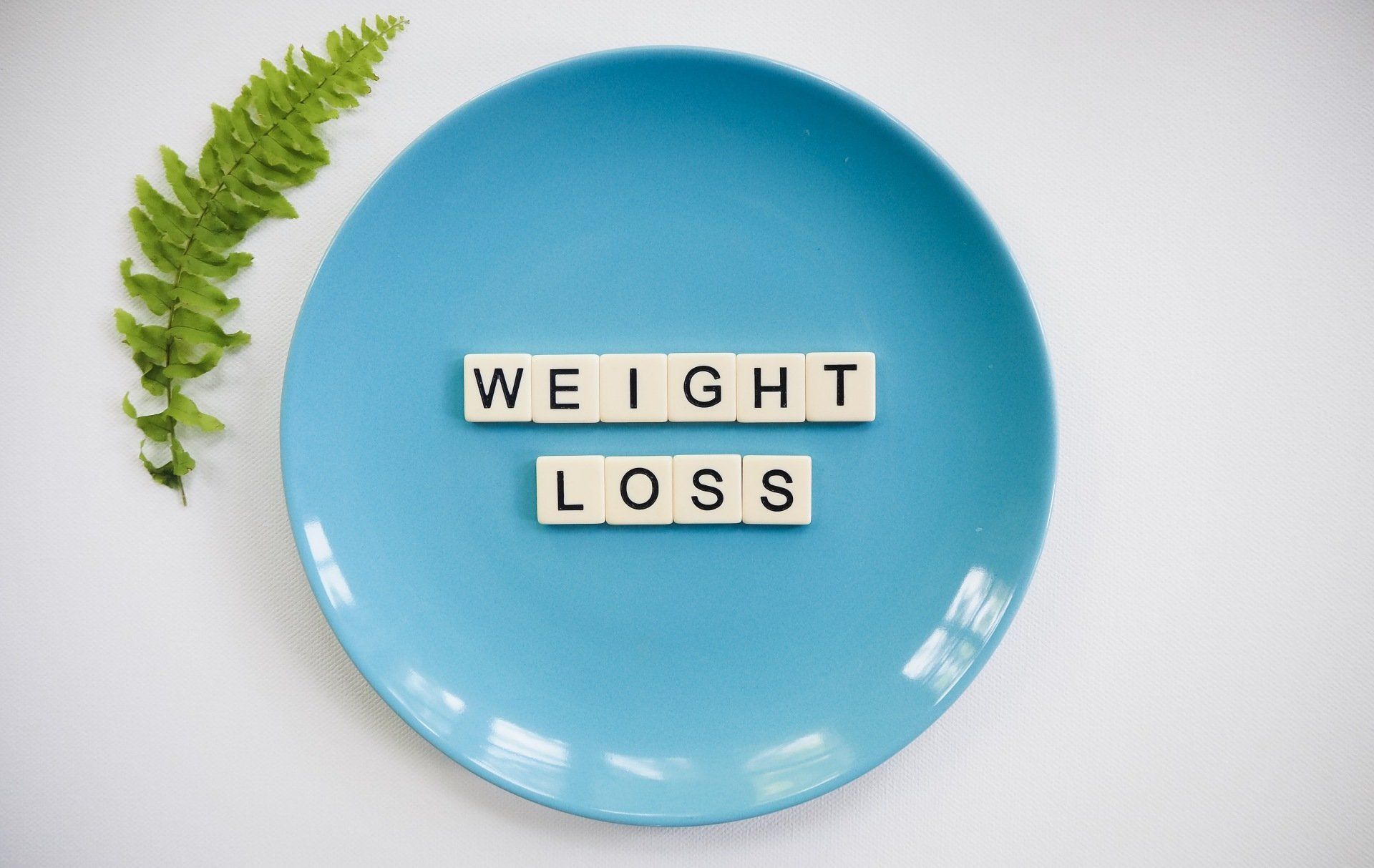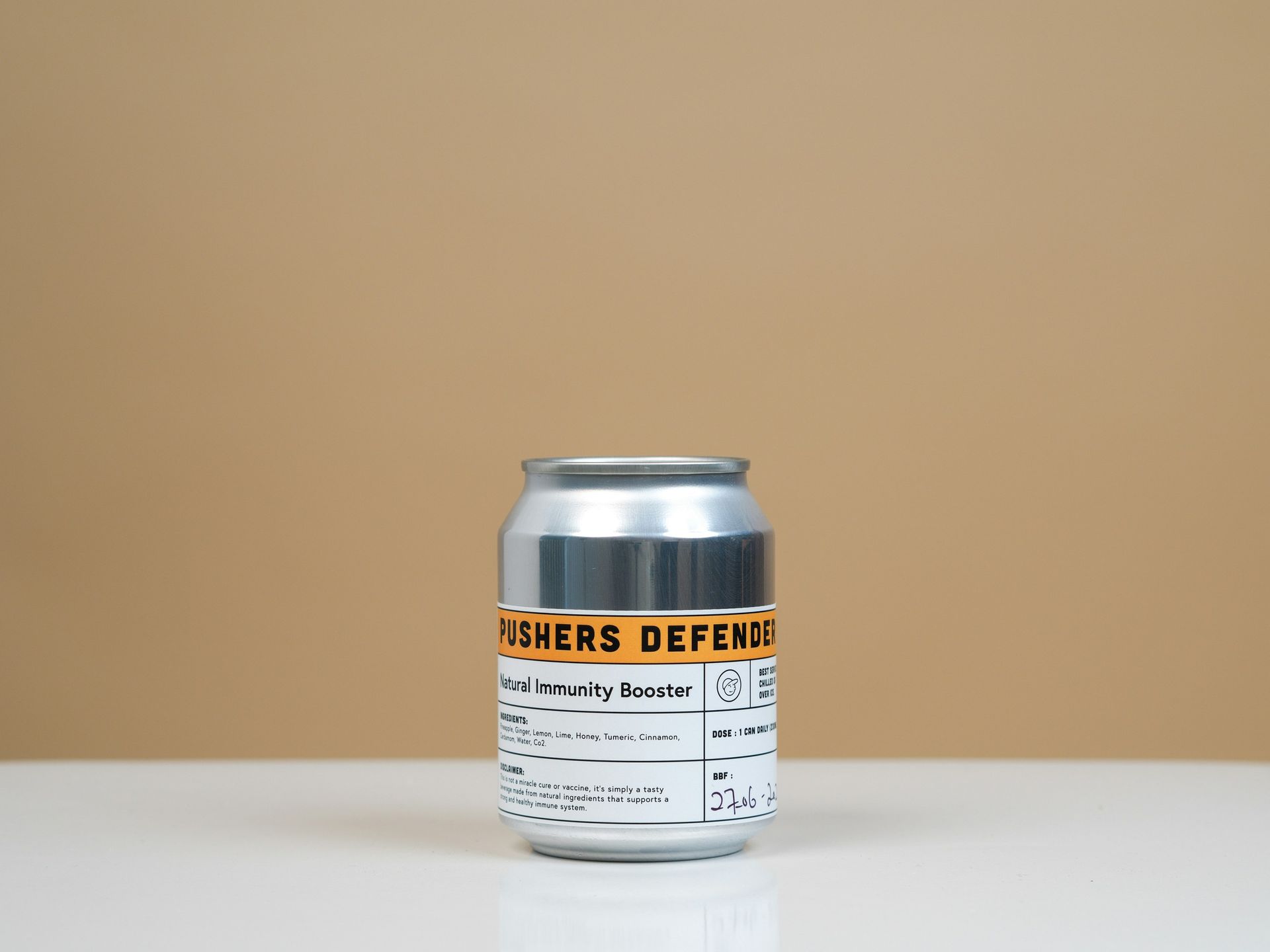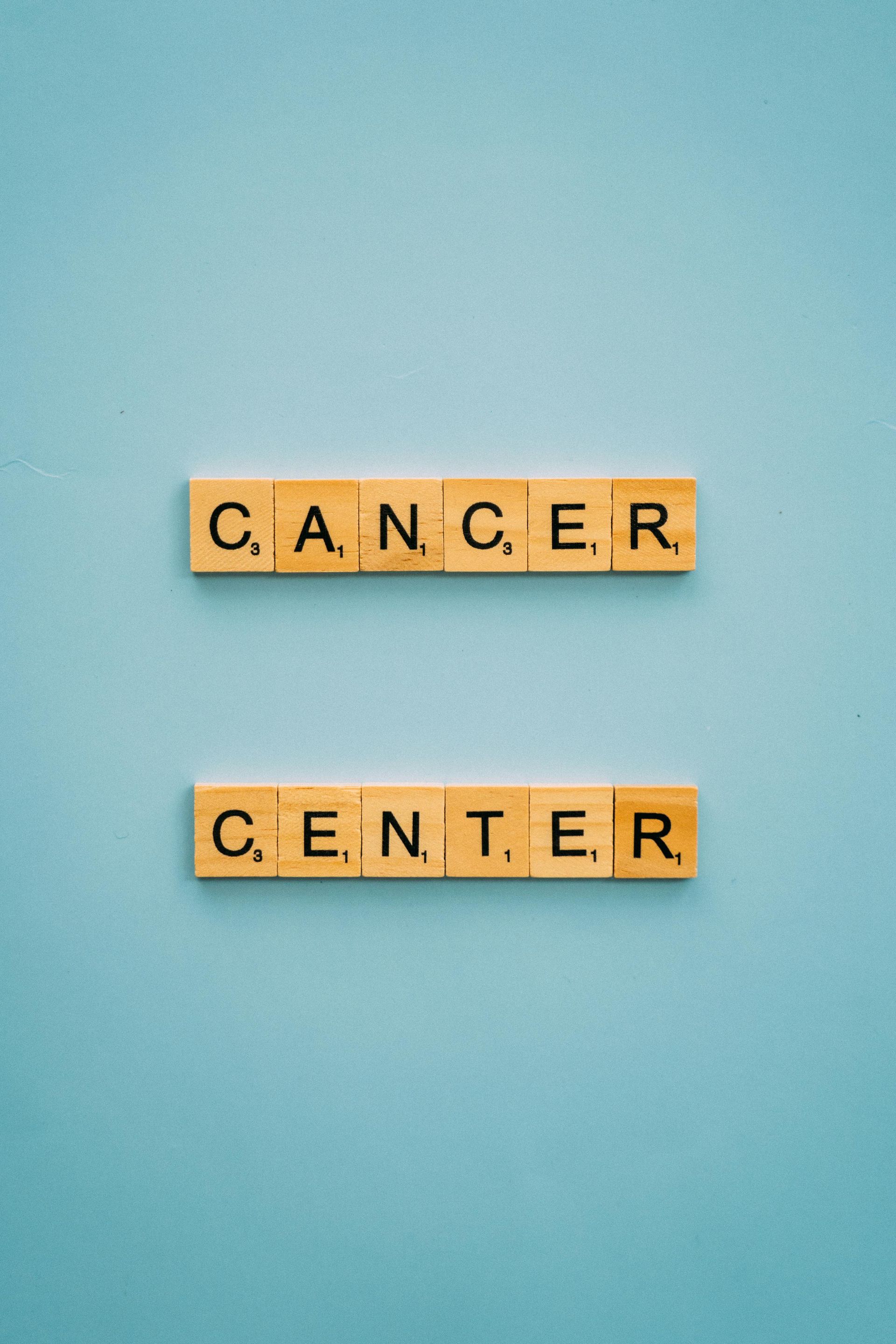What can I EAT (or NOT EAT) to fight cancer?
" Doc, WHAT CAN I EAT to help fight cancer?"
Clearly, "eating to fight cancer" ranks among the top 10 questions that patients ask of me during our first consultation.
We all know that diet trends come and go. The "anti-cancer" food industry is robust and well. Facts supporting a certain food usually evolve from basic scientific experiments with sound scientific theory. However, somewhere along the line the facts get distorted and blown out of proportion. A promising food suddenly evolves into a "cure". The food is glorified as a "superfood" and people turn a blind eye to potential side effects. The prices go up, and many susceptible patients buy into this, willing to shell out even more dollars for higher priced items, believing that if it is expensive, then it must be effective! Fortunately for the businessmen behind this, if the "superfood "fails to cure" cancer, the victim will never survive to testify to its failure!
Although many foods do have anti oxidant properties and other anti cancer features, one must be wise and not totally rely on these alone.
PROMISING BUT STILL FAR from 100% PERFECT
In the city of Pittsburgh, many billboards now proudly advertise the latest biological/targeted cancer therapies. While these new drugs now promise better tumor shrinkage with less side effects, the reality is that we are still far from a cure. While many are very effective, relapse rates of many cancers remain high, patients survive longer, and many still eventually die. Drugs are as good as spraying insecticide onto your weeds. Weeds have a special way of coming back even after the initial weed kill. The "cure" will come if you are able to completely uproot the weed itself, or if you eliminated its food/ nutrition and water. In other words, cancer in order to be successful against it, one must eliminate ALL traces of cancer.
A TEAM IS ALWAYS BETTER
A team approach which includes team members- the doctor giving the treatment, the patient making lifestyle changes ( stopping smoking, alcohol, reducing stress and improving sleep and changing DIET) , plus the supportive family , together, the team will work far better in fighting cancer than simply the doctor fighting it alone.
KILLING CANCER CELLS BY FOOD, OR LACK OF......
Early on, scientists during Otto Warburg's era found that if you starved a tumor long enough, fed only with water, the tumor would eventually die. In other words, if you provide NO FOOD, all tumors will DIE. So how can we go around this. There must be a way to starve tumors, yet continue to feed the rest of the body....
KETOSIS
What is ketosis? This is a natural body process that happens when there is no available glucose. The glucose which normal gets used up in the biochemical process called glycolysis. When there is a lack of food, glucose is not readily available, glycolysis slows down, and the body tries to get its energy from other sources, via burning fat stores. The body then produces acids called ketones which are then used for energy. Getting into a state of ketosis is possible by starvation, fasting, or by using a special diet called the ketogenic diet.
Ketogenic cancer diet – Just the essentials
In addition to starving the cancer of nutrition, the ketones also possess anti cancer properties , by slowing down the cell's tumor signaling pathways, and by revving up the pro oxidant, anticancer processes that occur within the cell. In other words, ketones themselves act as a natural chemical with tumor killing actions similar to that of chemotherapy.
DIFFERENT WAYS TO GET INTO KETOSIS
FASTING
The body senses little or no nutrition during periods of fasting. Fast periods range from 6 hours to as long as 24 or 48 hours without food. Water or non nutritious liquids such as broth, are allowed. When blood is examined during these periods, the level of ketones is noted as elevated. http://www.npr.org/templates/story/story.php?storyId=16513299
KETOGENIC DIET
At some point, we will have many dropouts from the ketogenic diet https://tinyurl.com/y7kqngg3. Either the lack of resources or the lack of motivation, makes this approach unsustainable. The ketogenic diet KD allows for 20 grams or less of carbohydrates per day! A less stringent diet, the Modified Atkins diet, also restricts carbohydrates but does not restrict proteins as much as the traditional KD. http://www.mdedge.com/fedprac/article/130641/oncology/ketogenic-diets-and-cancer-emerging-evidence
If the ketogenic diet is not your cup of tea, alternative ketogenic therapies do exist.
DOES "WHEN" ALSO MATTER?
INTERMITTENT FASTING
This consists of breaks from eating, allowing only water or broth, or nothing very high caloric, for up to 24 hours. In between fasting, one eats normally but does not binge or overdulge.http://www.aicr.org/assets/docs/pdf/research/rescon2014/harvie_intermittent-diets.pdf
Fasting periods can vary. One can fast for only one or two consecutive days, or separate these days by 2 or 3 days in between. For example, one can choose to fast every Monday and Thursdays, and eat normally the rest of the week.
TIMED / DELAYED FULL MEALS
Another approach growing in popularity, this is done by spacing out your meals. One can plan for lunch times to land in close proximity to dinner . Eating the first full meal closer to lunch, and dinner close to lunchtime, is a way to ensure a 15-17 hour period of fasting and ketosis per day.
FEASTING ONLY WHEN IT IS DARK?
Studies in rats bearing liver cancer and also rats with sarcoma cancer cells suggest that cancer cells , like people, also depend on a sleep-wake cycle of their own. They found that timing the fasting or reduced calories during the light /wake phase of the sleep cycle, seemed to suppress cancer growth and potentially help increase the effectiveness of chemotherapy. https://www.ncbi.nlm.nih.gov/pubmed/16231323
SUPPLEMENTARY KETONES
I receive many questions about this. Can we buy ketone supplements? Are they effective in bringing up ketosis? https://www.ketooncologist.com/2016/03/15/raspberry-ketones-and-the-ketogenic-diet/
In the absence of actual fasting, and the absence of carbohydrate restriction, these supplements will NOT create a state of ketosis. Ketone supplements may have some weak antioxidant effects. If you are taking these for a supplement, that is fine, but if your goal is to boost ketosis, I do not recommend these due to the high cost in exchange for minimal benefit.
So there you have it. Cancer remains an elusive disease. Seek out the latest therapies. Chemotherapy can be your friend. Treat with all that you have, but when it comes to food and nutrition, having less might be more!






